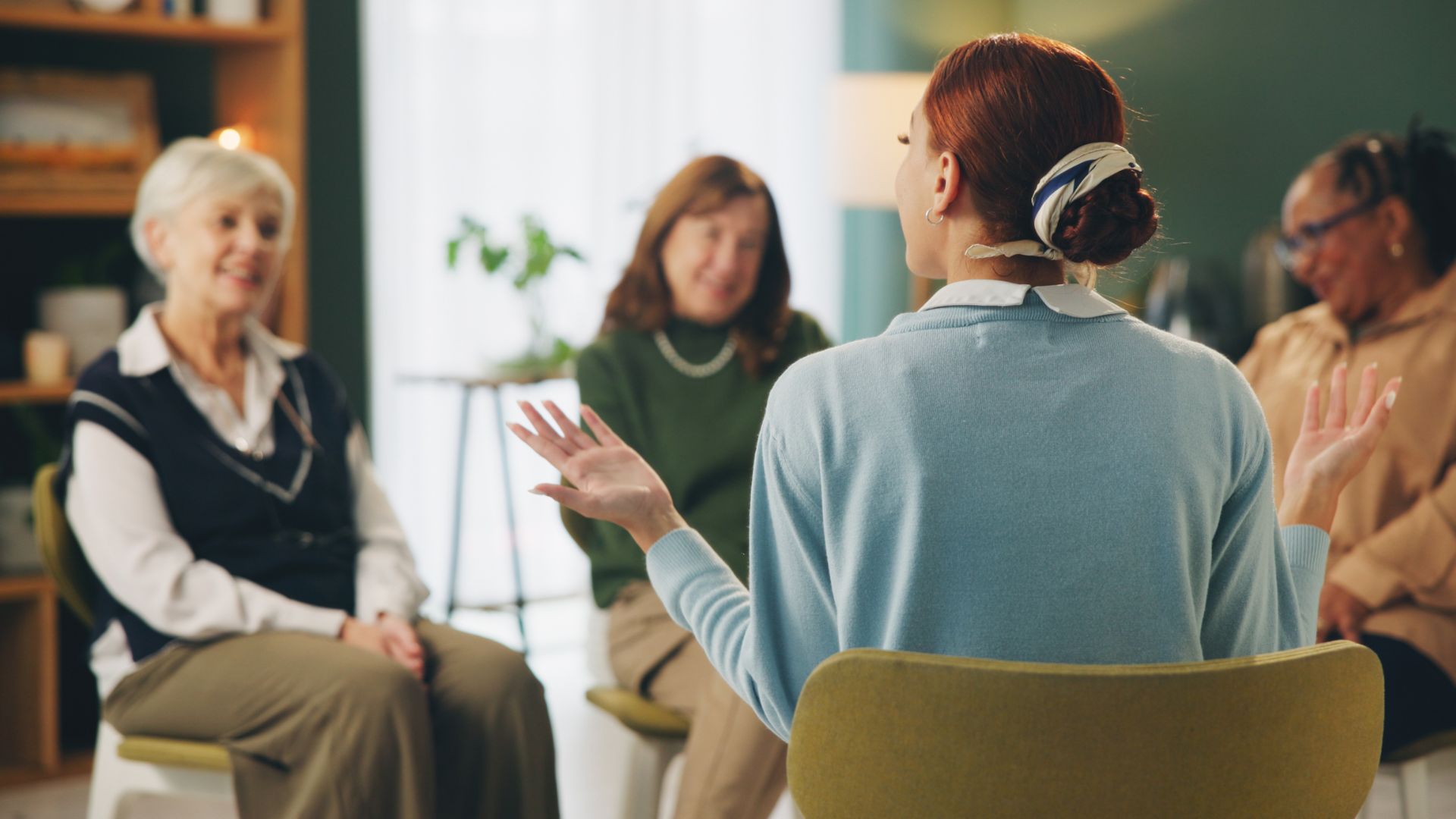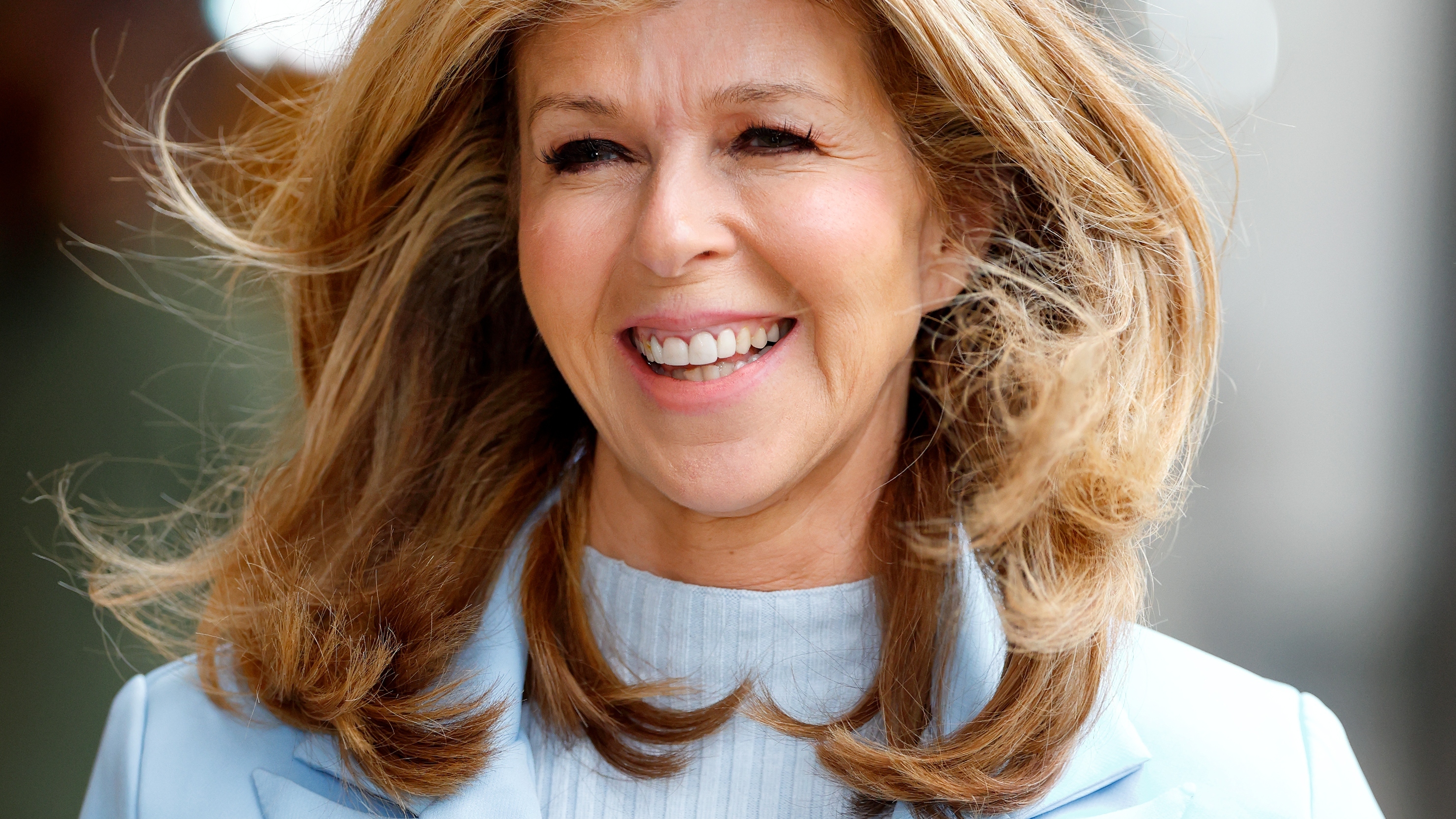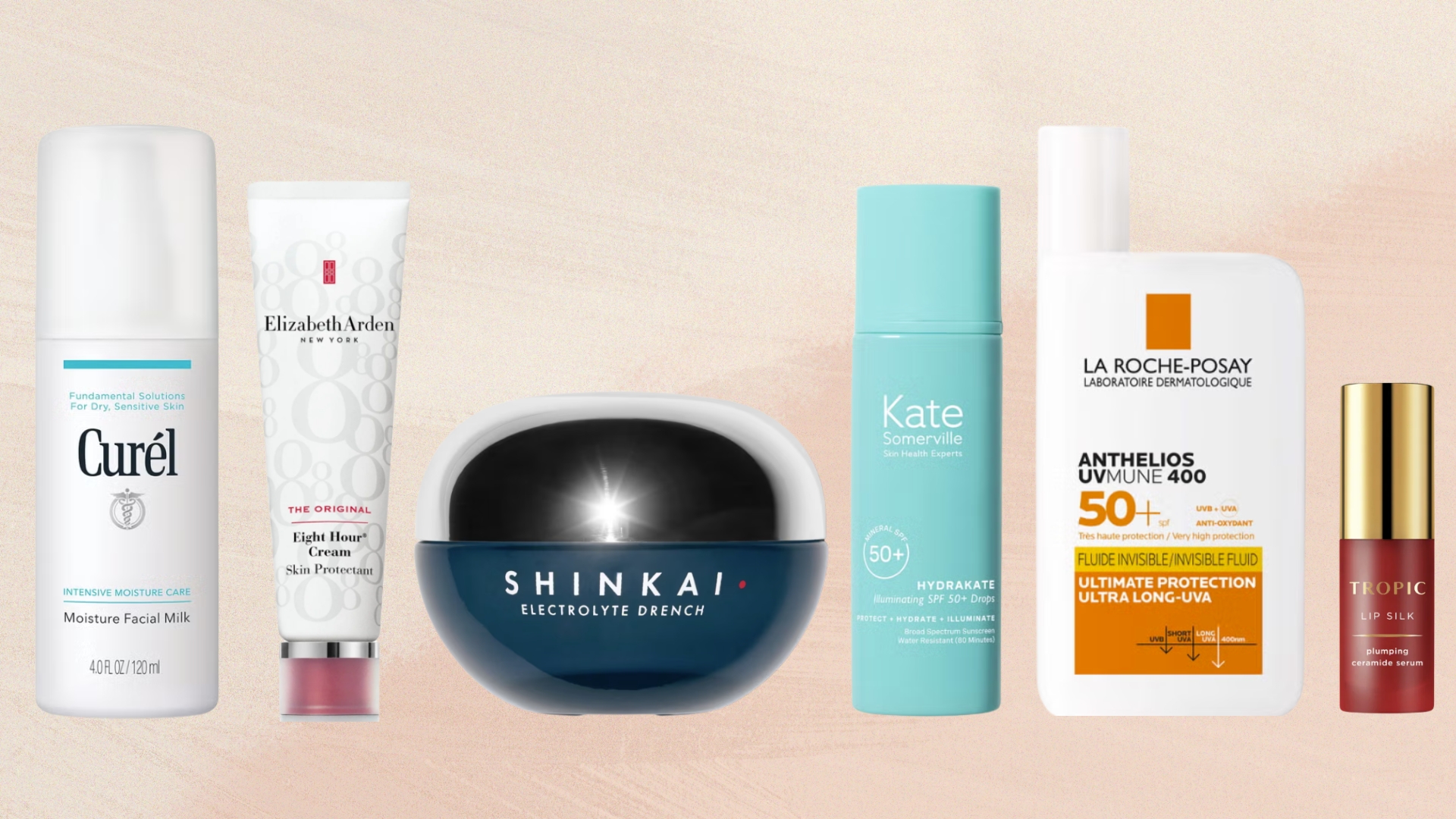HRT should be the 'first-line' therapy for menopause, new UK guidance confirms
The new guidance comes after a controversial draft last year suggested CBT could be on par with HRT for treating menopause symptoms


Hormone replacement therapy (HRT) should be the 'first line' therapy for those experiencing difficult menopause symptoms, new guidance from the National Institute for Health and Care Excellence (NICE) states.
In the final guidance for England and Wales, NICE confirmed HRT was the "preferred and recommended approach" for treating menopause symptoms like hot flushes, night sweats, sleep issues, and low mood.
The statement, released in the guidance published on November 7, is seen as a step back from previous wording in a controversial draft released last year that suggested women should be offered cognitive behavioural therapy (CBT) for menopause alongside or as an alternative to HRT.
The draft was heavily criticised for seeming to put CBT - a talking therapy designed to help manage problems by changing how you think and behave - on the same level as HRT for helping manage menopause symptoms and so playing down symptoms and damaging women's health and wellbeing.
NICE said it had responded to feedback on the draft and rewritten the guidelines to state that CBT for menopause should only be considered as an additional treatment option - when patients on HRT are still having symptoms - or an option for those who don't want to or can't have the drug therapy.
Professor Jonathan Benger, the chief medical officer and interim director of the centre for guidelines at NICE, confirmed the health watchdog's position.
"We are not suggesting that CBT is an alternative to HRT. It's not an either/or, and we have worked through the guidelines extensively to really clarify this point," he said.
Sign up for the woman&home newsletter
Sign up to our free daily email for the latest royal and entertainment news, interesting opinion, expert advice on styling and beauty trends, and no-nonsense guides to the health and wellness questions you want answered.
"We are very keen to emphasize that HRT is our recommended first-line therapy for vasomotor symptoms [hot flushes and night sweats] and for symptoms of menopause."
The guidance was published with a "discussion aid", featuring data showing that HRT can slightly increase the risk of blood clots and breast cancer and lower the risk of osteoporosis and related fractures with ongoing treatment. It also confirms that while HRT does come with some risks, combined or oestrogen-only HRT is unlikely to "increase or decrease overall life expectancy".

The confirmed NICE guidance suggests CBT could be a useful additional help for those already on HRT and still struggling with menopause symptoms.
However, the new guidance is also not without criticism. Dr Louise Newson, a GP and menopause specialist, said on X (formerly Twitter) that it was a "disappointing update" from NICE. "The focus remains primarily on vasomotor symptoms - hot flushes and night sweats - which are, for many women, not the main symptoms of perimenopause and menopause. Most women experience brain symptoms - brain fog, low mood, anxiety, poor concentration, sleep disturbances, memory problems and fatigue - and these are things we know are unlikely to be alleviated in the long term by CBT."
Alongside other campaigners, she points out that the new guidance doesn't distinguish between synthetic HRT and the newer, body-identical hormones, which are more commonly prescribed.
"While the word 'risk' is mentioned three times as often than the word 'benefit', these newer forms offer more benefit than risk," she says.
Marie Anne Ledingham, a NICE consultant clinical adviser, said this would be a further update to the guidance in the future as there "wasn’t sufficient evidence available on individual formulations of HRT".
She also said: "The experience of menopause differs substantially between women, but for those seeking treatment for hot flushes and night sweats, this updated guideline offers new options and new evidence about HRT that will support their choices."

Grace Walsh is woman&home's Health Channel Editor, working across the areas of fitness, nutrition, sleep, mental health, relationships, and sex. She is also a qualified fitness instructor. In 2025, she will be taking on her third marathon in Brighton, completing her first ultra marathon, and qualifying as a certified personal trainer and nutrition coach.
A digital journalist with over seven years experience as a writer and editor for UK publications, Grace has covered (almost) everything in the world of health and wellbeing with bylines in Cosmopolitan, Red, The i Paper, GoodtoKnow, and more.
-
 Comfy, chic and the perfect spring shade - Kate Garraway's vintage blue Sezane jumper dress ticks all the right boxes
Comfy, chic and the perfect spring shade - Kate Garraway's vintage blue Sezane jumper dress ticks all the right boxesKate Garraway's blue Sezane jumper dress has you covered if chicness, comfort and gorgeous spring tones are at the top of your style checklist this season.
By Caitlin Elliott
-
 Charlize Theron says SPF, moisturiser and lip balm are all you need on a desert island - so, here are the ones we would bring
Charlize Theron says SPF, moisturiser and lip balm are all you need on a desert island - so, here are the ones we would bringWe couldn't help but wonder: What are our beauty team's desert island picks?
By Naomi Jamieson